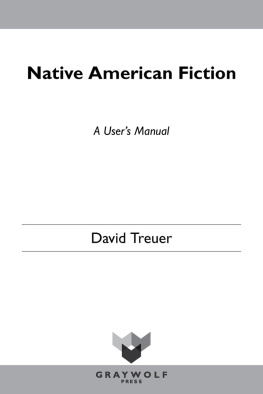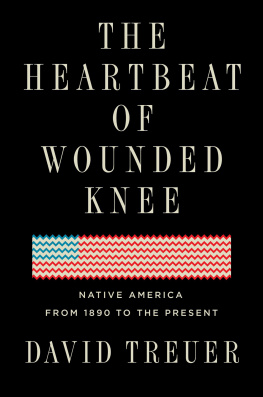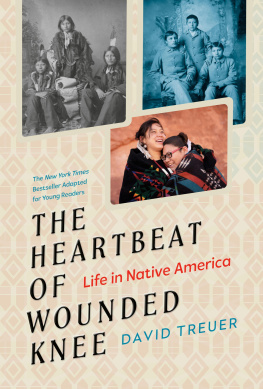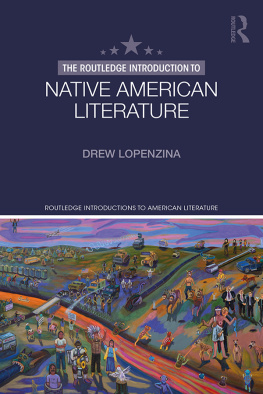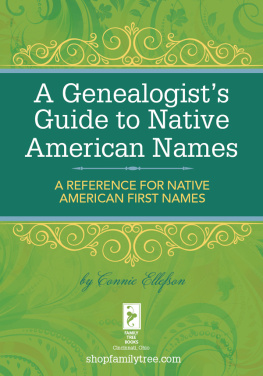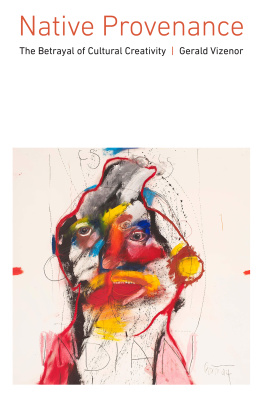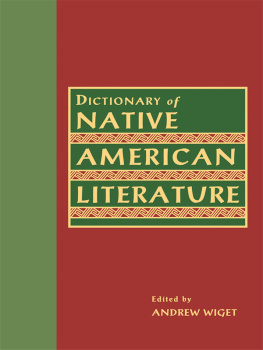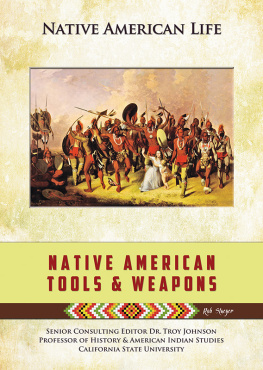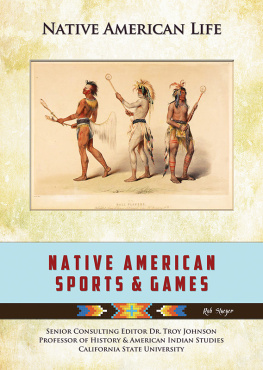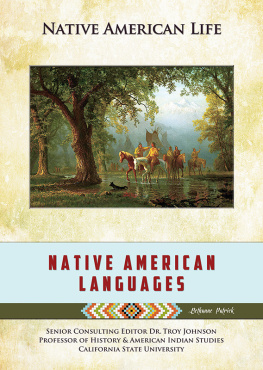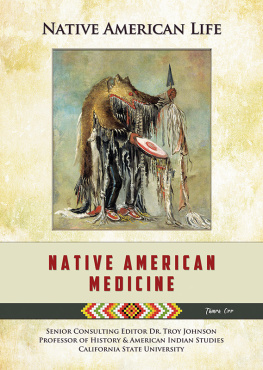Publication of this volume is made possible in part by a grant provided by the Minnesota State Arts Board, through an appropriation by the Minnesota State Legislature; a grant from the Wells Fargo Foundation Minnesota; and a grant from the National Endowment for the Arts, which believes that a great nation deserves great art. Significant support has also been provided by the Bush Foundation; Target; the McKnight Foundation; and other generous contributions from foundations, corporations, and individuals. To these organizations and individuals we offer our heartfelt thanks.
All rights reserved.
Cover design: Kyle G. Hunter
Authors Note
To study literature is to study the manifestation and manipulation of the written word and the weight of tradition behind those words. So-called Native American fiction (if there is such a thing) has not been studied, as literature , as much as it should be. By applying ourselves to the word, and, at least at the outset of our endeavors, by ignoring the identity of the author and all the ways the author constructs his or her authority outside the text, we will be better able to ascertain the true value of that text. It seems strange that we greet the claims of drug companies and politicians with caution and care, never believing what they say about their products, yet we often rest our judgment on the expressed sentiments of this or that author. A Native American novel is not a Native American novel simply or only because an Indian wrote it, or because someone who is Indian claims that the product of his/her imagination (always a messy thing) is fundamentally and essentially Indian. Over the last thirty years Native American fiction has been defined as, exclusively, literature written by Indians. And this collection of essays might be seen as a dangerous turning back of the clock, or the rapid undoing of three decades of hard work by critics and authors. However, the sentiment (and it is a sentiment) that Native American literature should be defined by the ethnicity of its producers (more so than defined by anything else) says more about politics and identity than it does about literature. This is especially true, and especially clear, when we see that our books are constructed out of the same materials available to anyone else. Ultimately, the study of Native American fiction should be the study of style. Native Americans, more so than any other group, are experienced through image and text and story more so than through shared, lived experience. How we are created and recreated on the page, by ourselves and others, is the matter at hand. Indian authors as well as critics are no less permeable, no less susceptible to received images and ideas that come together to create the convincing narratives found in novels.
I am concerned with how we read so-called Native American texts, how to interpret Native American fiction in such a way as to take pleasure in the product, and how to interpret it so as to preserve the integrity of the text, the integrity of our own interest and effort, and the integrity of the tradition.
This book is not concerned with questions of authenticitywhat is or what is not an authentic Indian text. The terrible twinsidentity and authenticitydo need proper rearing, and there might be a time and place when it is necessary to treat them, but this is not that time or place. This book does not seek to define what is or what should be seen as Native American literature and is not involved with the new essentialist project of defining only texts in Native American languages as authentic Indian texts and those in English merely fantasies in the conquerors language. Rather, this is a book about interpretation: about what is gained and what is lost when we interpret Native American fiction with more stress placed on Native than on fiction. As such, this collection of essays is concerned with how novels act, not with how authors or critics would like them to or what we think the authors intention was: I am concerned with echo not origin.
It is crucial to make a distinction between reading books as culture and seeing books as capable of suggesting culture. It is equally as important to leave aside questions of authenticity and identity (if only for the moment) in order to re-center our interpretive efforts: to un-wed ourselves from looking at Indian fiction in terms of origination and to start thinking of it in terms of destination; that is, interpretation not production. If we can force ourselves to read Native American fiction we will find style, not culture. Or, rather, we will find that, as far as literature is concerned, style IS culture; style creates the convincing semblance of culture on the page. Then the real question becomes: what traditions and habits of thought have been mobilized and by what means in Native American fiction?
Many of the good books dealt with here get what could be seen as fairly harsh treatment. The novels treated in this book, with two exceptions, are all great novels, and this collection of essays takes issue more with how these books are interpreted (by their authors, critics, and their readers) than with how they are constructed. I believe that by not taking the literature seriously, by handing out praise where it is not earned, by obscuring the workings of a novel with claims for culture or tradition not supported by the text, we run a great and terrible risk. It is important to remember that we are entering textual fantasies here, not a sweat lodge. That is, despite what the books might mean to us, as individuals or as Indians, the books function as books. By making sweeping claims about the culturality of a text or the intentionality of the writer we might save the book, but we will destroy the literature. I side with T. S. Eliot in thinking that a great literature only survives when it is lofted on the shoulders of great readers.
INTRODUCTION
The Clouds Overhead
We are used to thinking of fiction and scholarship as two distinct, autonomous kinds of knowledge: related, but ultimately, revolving around separate suns. While it is tempting to see fiction as creating different, new, sometimes explosive amounts of meaning, and scholarship as content to undo the beautiful, complicated damage of art, this stance is ultimately unsatisfactory. For me, both writing and criticism should tryby recombining the elements of meaning (sometimes under the guise of reality, at other times masquerading as fantasy) that continually float around usto create something as new and exciting as our materials are. R. P. Blackmur went so far as to suggest:

